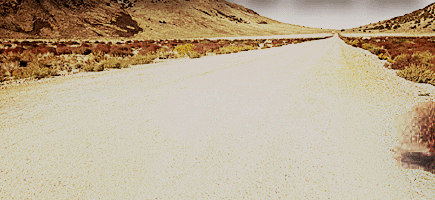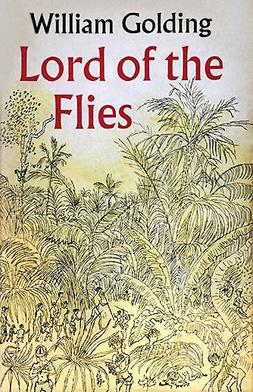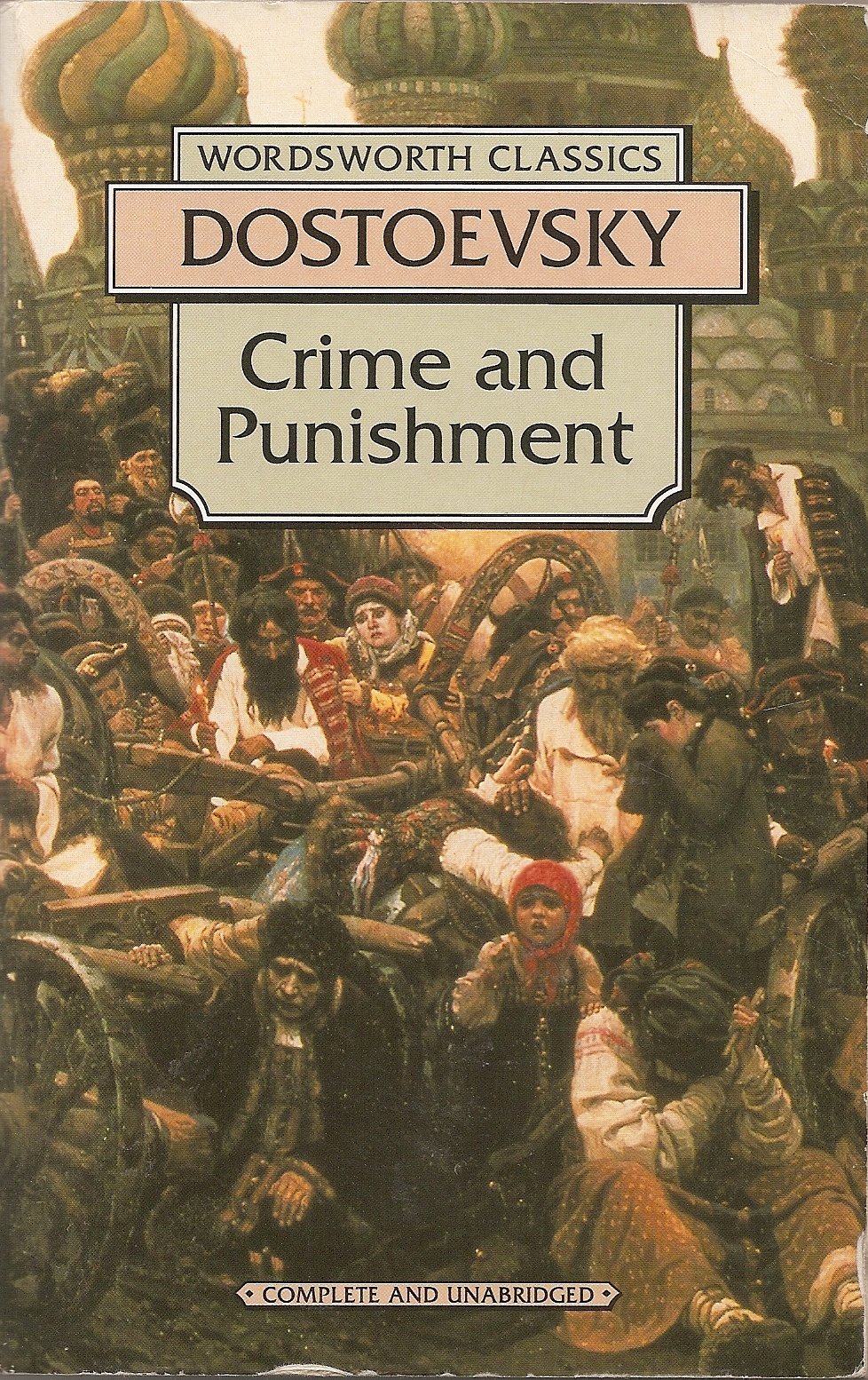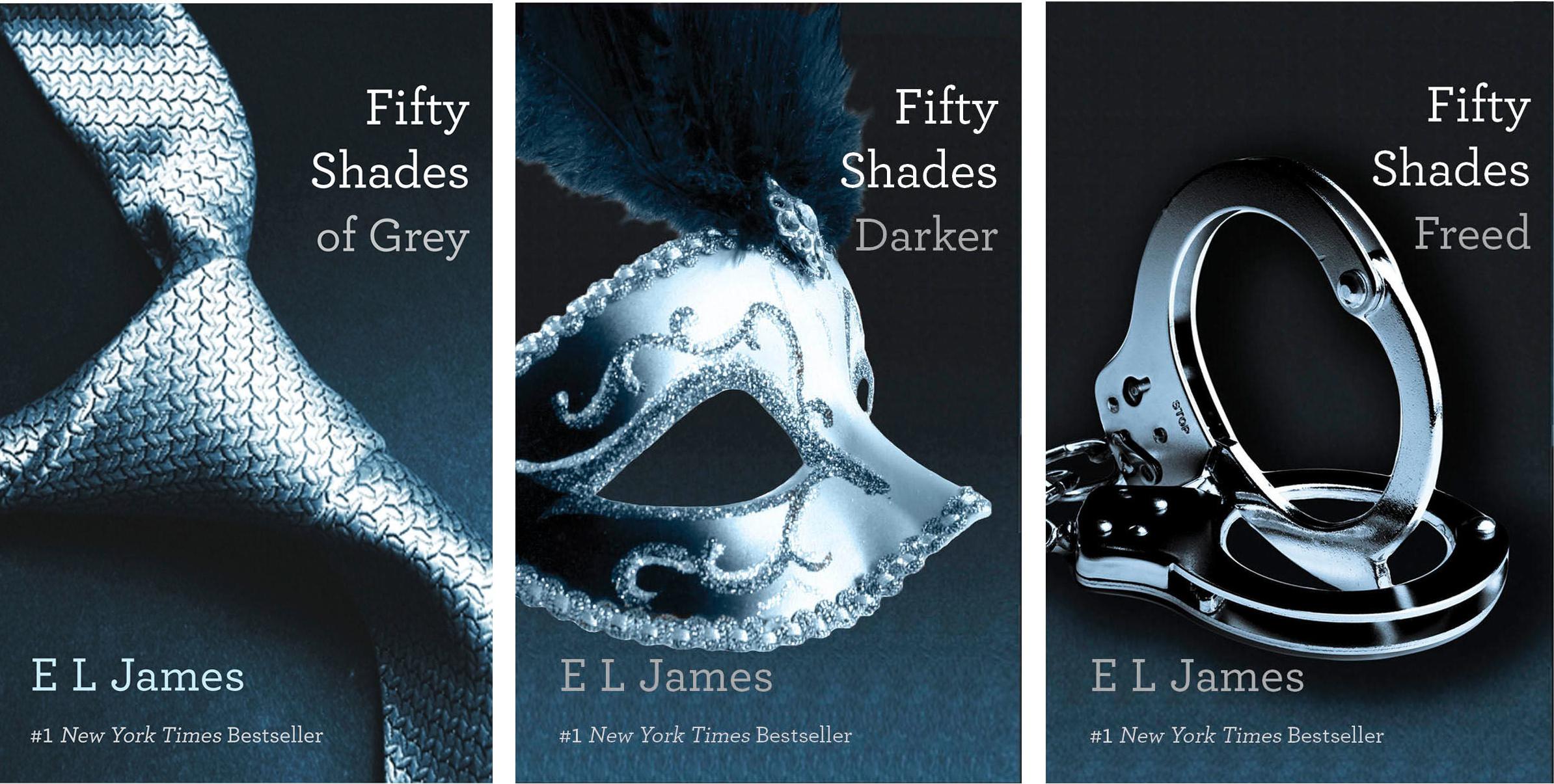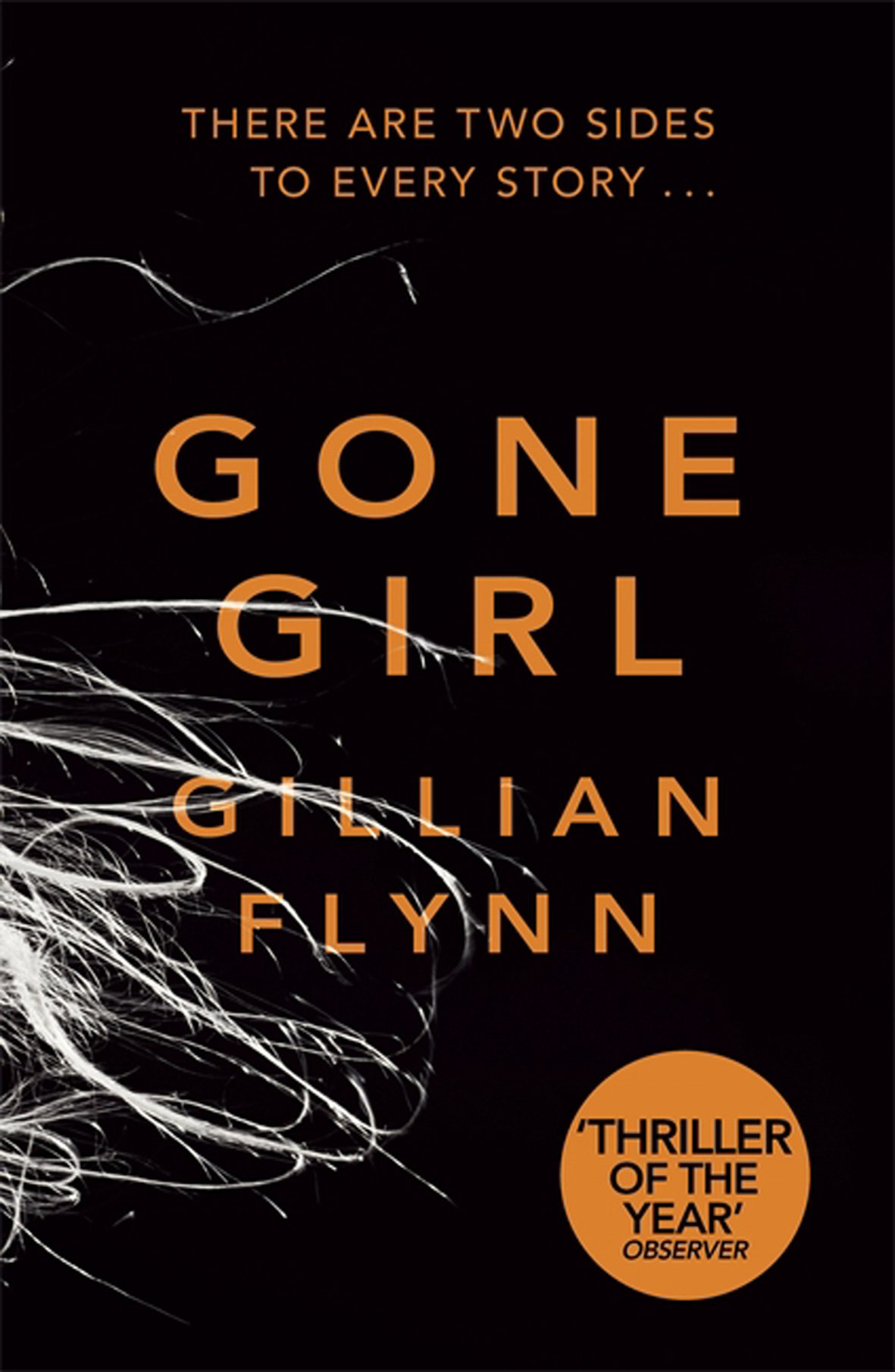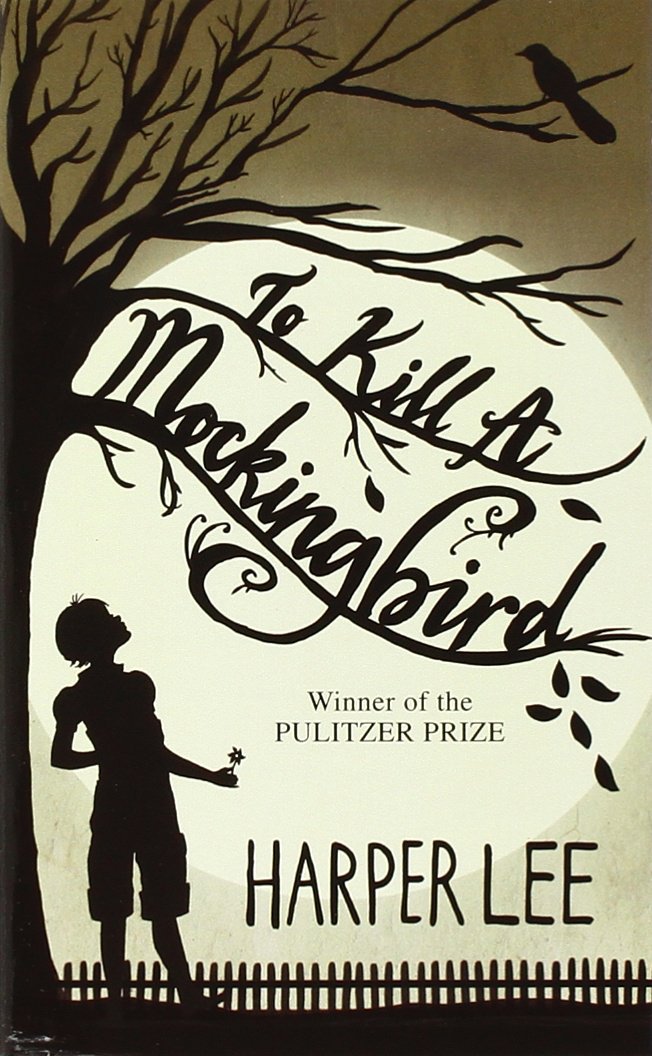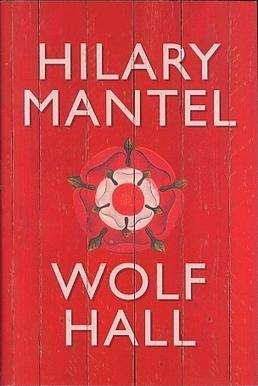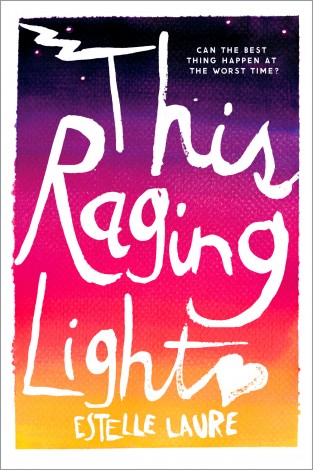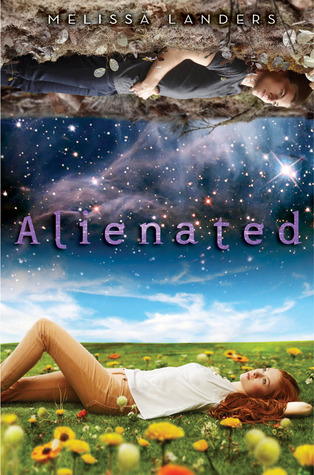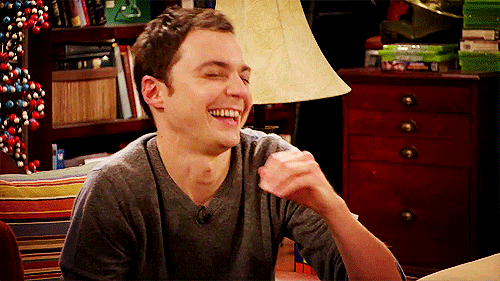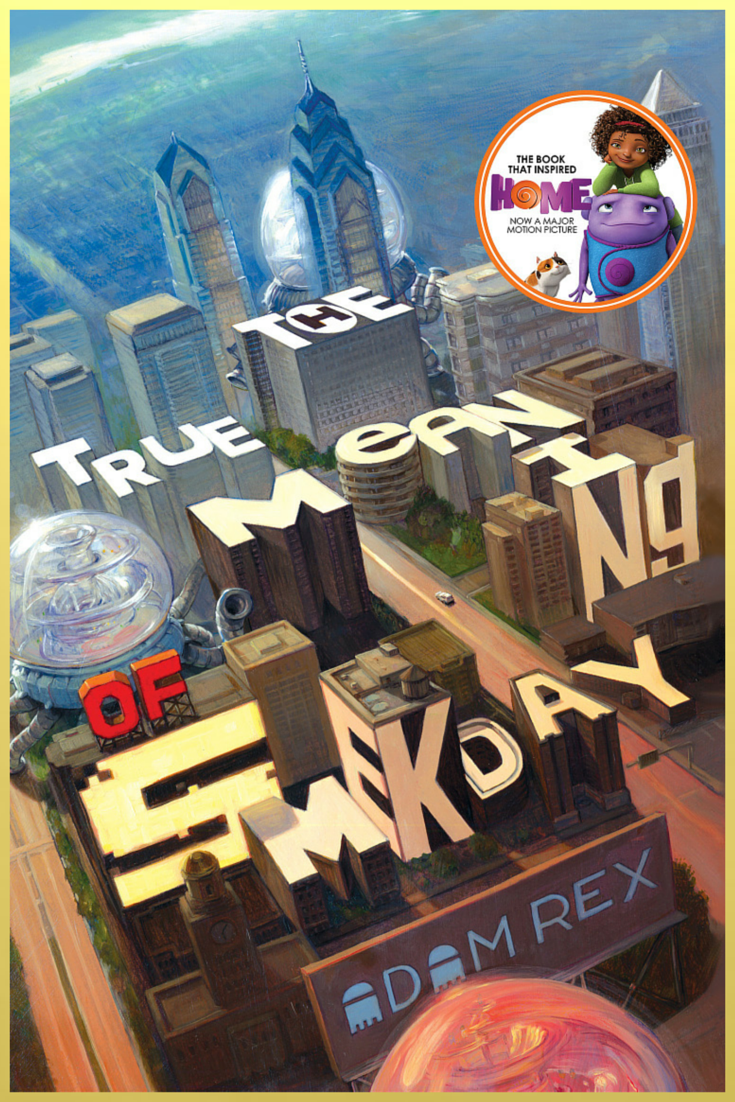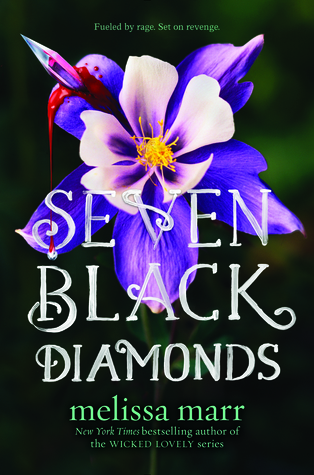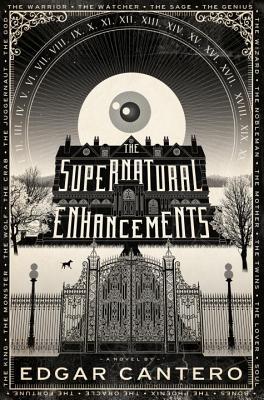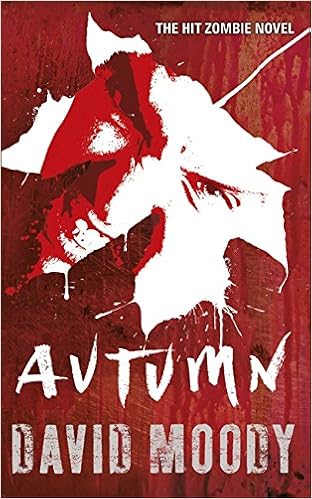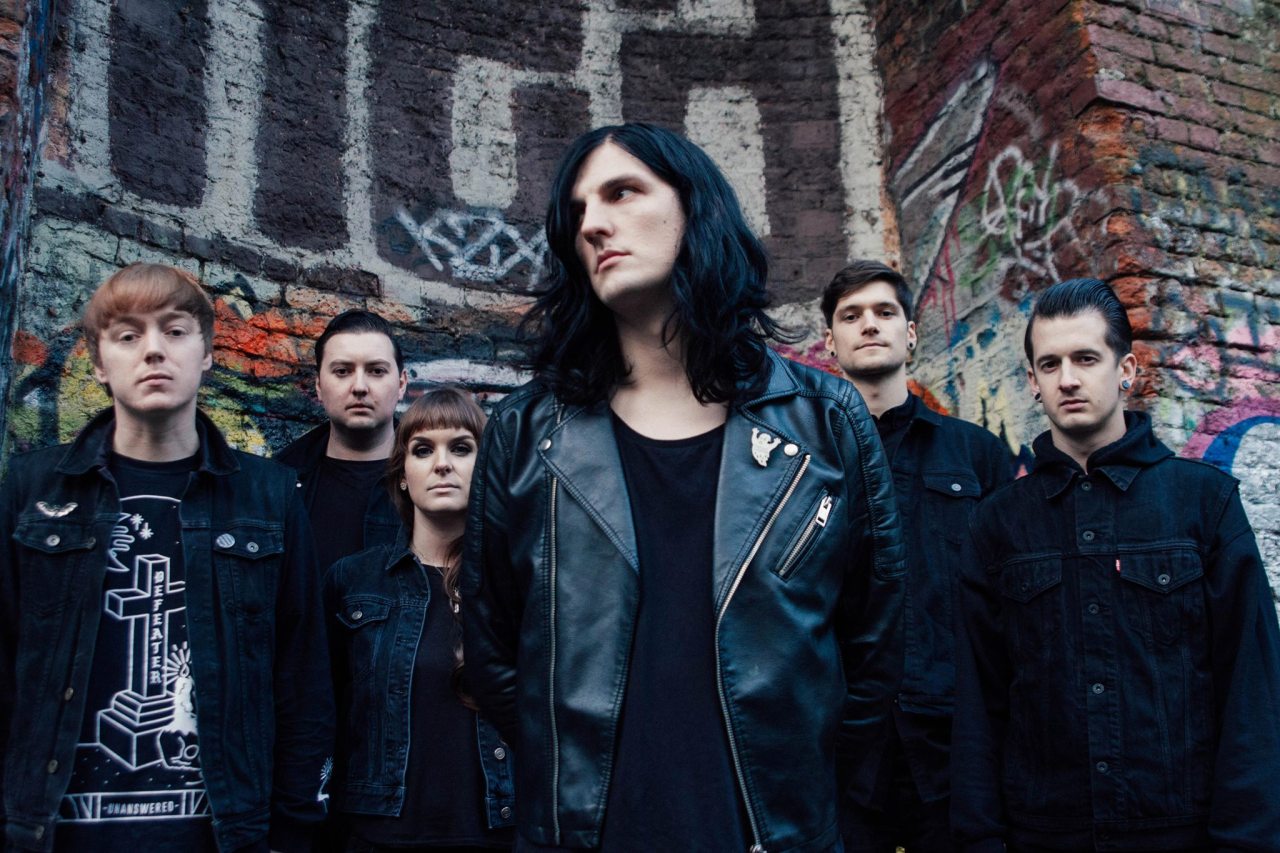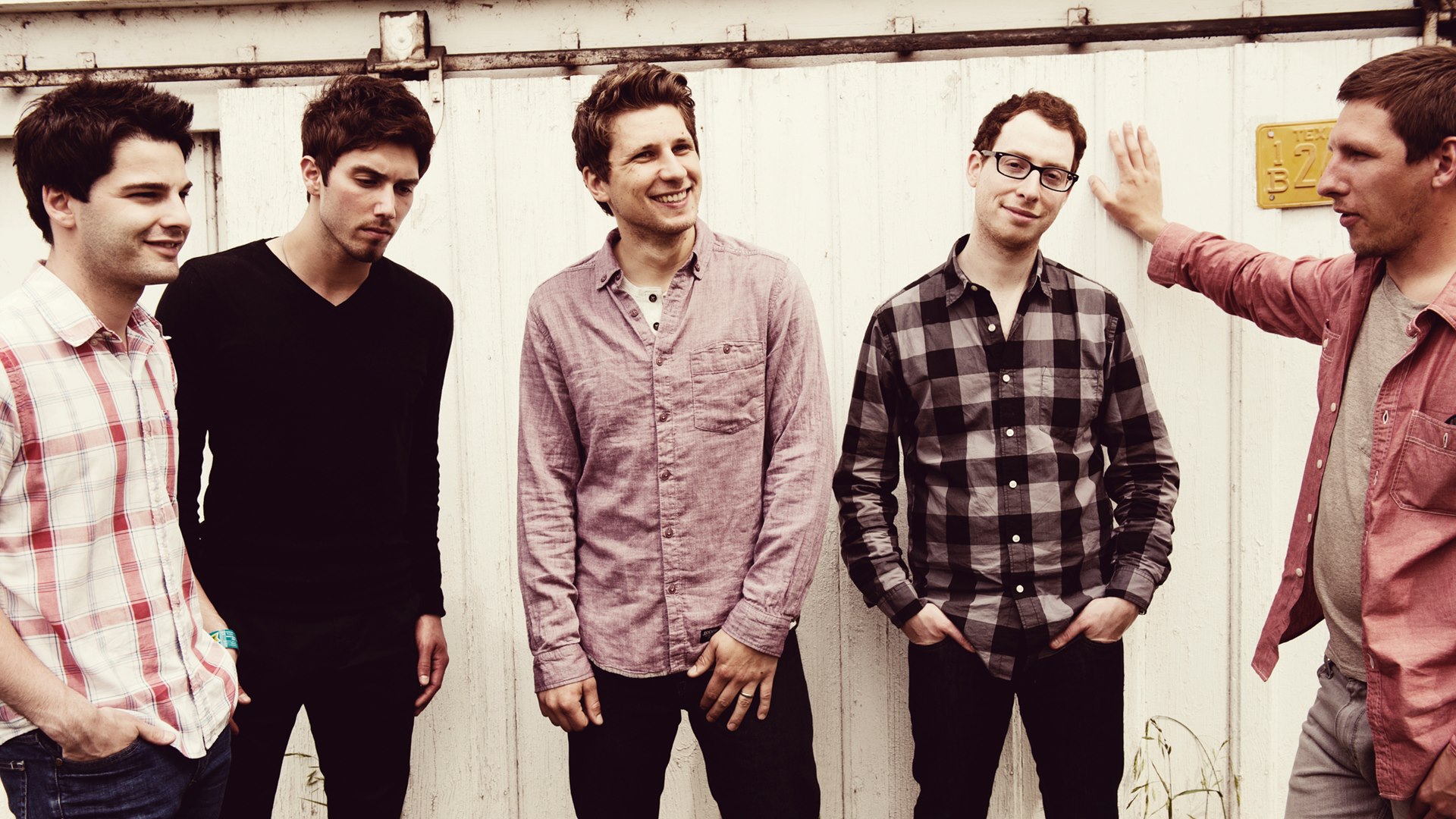
*This review will contain spoilers!*
First things first, I need to say a huge thank you to Booktrope, for allowing me to view this title on NetGalley, and to NetGalley for the service that they provide.
I was actually really excited to read 'Be Careful What You Witch For', because I read Thomas Hoobler's 'Come Sit By Me' last year and really enjoyed it. 'Come Sit By Me' was a contemporary based on a school shooting, so I thought I'd like this magical novel even more.
However, I ended up hating it. Olivia is the stuck-up daughter of two movie stars, and when they go overseas to film a movie she ends up going to New York to stay with her Aunt Tilda (Aunt Tilda, who is an awful lot like Aunt Hilda from 'Sabrina the Teenage Witch'...).
First things first, Olivia's a racist. She lands in New York, takes one look at the taxi driver and observers 'he was wearing a turban and some kind of long striped shirt and baggy pants that made Olivia think of terrorists' - great way to really reinforce some degrading stereotypes. She then encounters another taxi driver, René, and comments 'he had an accent that Olivia thought sounded French, though of course he couldn't be French' because - you probably guessed it - René is black. And it's completely unbelievable to have a black Frenchman, isn't it?
Secondly, Olivia's a homophobe. She makes a friend called Paul, and when she finds out he likes men she's understandably shocked. When she discovers the power of spell-casting and Wicca, she contemplates whether she can change Paul into a 'real boy' and then there's 'a daydream she was having - trying to decide whether she would dump Alex if Paul turned into a real boy'.
This sickens me. I was already utterly bored by the book, but this little section is what really pushed me over into the I DESPISE THIS BOOK WITH ALL OF MY GODDAMNED BEING. Being gay does not make you less of a real person. You shouldn't fantasize about what it would be like to date your gay friend if you turned him straight. Yes, Olivia doesn't end up going through with it (only because Paul completely dismisses it and tells her she should like him for who he is - she doesn't even decide by herself that it's wrong!) but the fact that it was included... It's just disgraceful. This is the 21st Century, and attitudes have changed enough that this kind of thing shouldn't make it into books that get published - it's discriminatory, dismissive and, quite frankly, homophobic. If she had gone through with it, it would have been as bad as using exposure therapy in mental asylums.
Even dismissing that irritant, this book was bad.
Olivia moves to New York, where she's surrounded by mysterious things happening. She's fourteen, but she's never heard of reincarnation, or levitation, or pretty standard witchy things that most girls of fourteen would have at least encountered in books or on TV by that point of their lives. This means it's extremely unrealistic (I'd go so far as to say you could tell it was written by a male, but there are a lot of male authors who can write female characters well... It just feels as though the author didn't particularly put in a lot of research for this book).
More things that make it unrealistic? Well, other than the fact that it seems as though Olivia's never encountered a gay man before - come on, her parents are Hollywood movie stars, she really should be a bit more open-minded about things! - she also gets very upset when the girl at school she hates doesn't invite her to her party (okay, this wouldn't happen - it's so unbelievable, because no one expects to be invited to the party of their sworn nemesis) and she's extremely rude to most of her classmates as soon as she joins the school, not giving them a chance to show her their personalities but just being instantly judgmental of their looks (for example, her school guide is Muffin, and the first thing she says to her is "You could get contacts, you know". No one is that horrible on their first day at a new school).
There's a lot of generic teen worries about school and friends and boys, but there's not a lot of magic until the last half of the book. Aunt Tilda tries to keep things on the down low, but her next door neighbour Eva delights in teaching Olivia how to cast spells. This would have been better if there had been more interactions between them (and less of a focus on the kinds of teas that Eva was serving) but the magic is so scattered throughout the first half of the book that it's not cohesive in the slightest.
The relationship between Olivia and Alex was bordering on abusive: she places a spell on him to make him fall in love with her, then proceeds to spend his money and order him to do things that he's uncomfortable with throughout the entirety of the novel. She insists that she's not thinking of him as a familiar, then three pages later tells herself 'He's my familiar' to somehow make her attitude towards him completely acceptable.
They still end up together at the end of the novel, even after she takes the spell off of him, which I assume is supposed to show us that he was truly in love with her and the magic didn't cause that much of a change in him. However, when you consider the fact that Olivia states "I don't really love him, but it was nice to think somebody loved me", it makes you feel very sorry for Alex - she's using him, so if he genuinely does have feelings for her it's even worse.
I just thought his portrayal was very stereotypical (hottest guy in school with no brain cells) and the fact that Olivia thought throughout that she 'wanted to dump him entirely, but he was too useful'... No.
The ending is rushed, with Olivia thinking it's a super smart idea to summon seven demons to roam the school "until all within it are deceased" - it really hits home what a self-obsessed and immature child she really is. It also doesn't make much sense: she summons the demons, but for some reason all of the people in the school get turned into animals? What sense does that make? There's no explanation for why there was this side effect, so it just left me with a huge question mark hanging over my head. The story is left open to allow a potential second book: all I can say is PLEASE GOD NO.
I'm not even judging this book so harshly because I don't like the characters (well, I don't, but sometimes I hate all of the characters and still really love the book e.g. 'The Great Gatsby') it's just that I don't think it was written well. The characters were very weak and the interactions between them were so simple and stereotypical that I felt as though I'd read this book many times before. There wasn't even really a plot line, because the focus switched from high school drama to magical disaster extremely quickly, and then was wrapped up in record time... It just didn't really give you a chance to get into the story. There was nothing new or unique to add to the witch mythology, so I just wish it had been left alone.
I could go on but, quite frankly, I don't want to. If you like witches, you might like this book - all of the other reviews I've seen are raving about how good it is - but if you hate racism and homophobia I would shy away from this one.
However, I ended up hating it. Olivia is the stuck-up daughter of two movie stars, and when they go overseas to film a movie she ends up going to New York to stay with her Aunt Tilda (Aunt Tilda, who is an awful lot like Aunt Hilda from 'Sabrina the Teenage Witch'...).
First things first, Olivia's a racist. She lands in New York, takes one look at the taxi driver and observers 'he was wearing a turban and some kind of long striped shirt and baggy pants that made Olivia think of terrorists' - great way to really reinforce some degrading stereotypes. She then encounters another taxi driver, René, and comments 'he had an accent that Olivia thought sounded French, though of course he couldn't be French' because - you probably guessed it - René is black. And it's completely unbelievable to have a black Frenchman, isn't it?
Secondly, Olivia's a homophobe. She makes a friend called Paul, and when she finds out he likes men she's understandably shocked. When she discovers the power of spell-casting and Wicca, she contemplates whether she can change Paul into a 'real boy' and then there's 'a daydream she was having - trying to decide whether she would dump Alex if Paul turned into a real boy'.
This sickens me. I was already utterly bored by the book, but this little section is what really pushed me over into the I DESPISE THIS BOOK WITH ALL OF MY GODDAMNED BEING. Being gay does not make you less of a real person. You shouldn't fantasize about what it would be like to date your gay friend if you turned him straight. Yes, Olivia doesn't end up going through with it (only because Paul completely dismisses it and tells her she should like him for who he is - she doesn't even decide by herself that it's wrong!) but the fact that it was included... It's just disgraceful. This is the 21st Century, and attitudes have changed enough that this kind of thing shouldn't make it into books that get published - it's discriminatory, dismissive and, quite frankly, homophobic. If she had gone through with it, it would have been as bad as using exposure therapy in mental asylums.
Even dismissing that irritant, this book was bad.
Olivia moves to New York, where she's surrounded by mysterious things happening. She's fourteen, but she's never heard of reincarnation, or levitation, or pretty standard witchy things that most girls of fourteen would have at least encountered in books or on TV by that point of their lives. This means it's extremely unrealistic (I'd go so far as to say you could tell it was written by a male, but there are a lot of male authors who can write female characters well... It just feels as though the author didn't particularly put in a lot of research for this book).
More things that make it unrealistic? Well, other than the fact that it seems as though Olivia's never encountered a gay man before - come on, her parents are Hollywood movie stars, she really should be a bit more open-minded about things! - she also gets very upset when the girl at school she hates doesn't invite her to her party (okay, this wouldn't happen - it's so unbelievable, because no one expects to be invited to the party of their sworn nemesis) and she's extremely rude to most of her classmates as soon as she joins the school, not giving them a chance to show her their personalities but just being instantly judgmental of their looks (for example, her school guide is Muffin, and the first thing she says to her is "You could get contacts, you know". No one is that horrible on their first day at a new school).
There's a lot of generic teen worries about school and friends and boys, but there's not a lot of magic until the last half of the book. Aunt Tilda tries to keep things on the down low, but her next door neighbour Eva delights in teaching Olivia how to cast spells. This would have been better if there had been more interactions between them (and less of a focus on the kinds of teas that Eva was serving) but the magic is so scattered throughout the first half of the book that it's not cohesive in the slightest.
The relationship between Olivia and Alex was bordering on abusive: she places a spell on him to make him fall in love with her, then proceeds to spend his money and order him to do things that he's uncomfortable with throughout the entirety of the novel. She insists that she's not thinking of him as a familiar, then three pages later tells herself 'He's my familiar' to somehow make her attitude towards him completely acceptable.
They still end up together at the end of the novel, even after she takes the spell off of him, which I assume is supposed to show us that he was truly in love with her and the magic didn't cause that much of a change in him. However, when you consider the fact that Olivia states "I don't really love him, but it was nice to think somebody loved me", it makes you feel very sorry for Alex - she's using him, so if he genuinely does have feelings for her it's even worse.
I just thought his portrayal was very stereotypical (hottest guy in school with no brain cells) and the fact that Olivia thought throughout that she 'wanted to dump him entirely, but he was too useful'... No.
The ending is rushed, with Olivia thinking it's a super smart idea to summon seven demons to roam the school "until all within it are deceased" - it really hits home what a self-obsessed and immature child she really is. It also doesn't make much sense: she summons the demons, but for some reason all of the people in the school get turned into animals? What sense does that make? There's no explanation for why there was this side effect, so it just left me with a huge question mark hanging over my head. The story is left open to allow a potential second book: all I can say is PLEASE GOD NO.
I'm not even judging this book so harshly because I don't like the characters (well, I don't, but sometimes I hate all of the characters and still really love the book e.g. 'The Great Gatsby') it's just that I don't think it was written well. The characters were very weak and the interactions between them were so simple and stereotypical that I felt as though I'd read this book many times before. There wasn't even really a plot line, because the focus switched from high school drama to magical disaster extremely quickly, and then was wrapped up in record time... It just didn't really give you a chance to get into the story. There was nothing new or unique to add to the witch mythology, so I just wish it had been left alone.
I could go on but, quite frankly, I don't want to. If you like witches, you might like this book - all of the other reviews I've seen are raving about how good it is - but if you hate racism and homophobia I would shy away from this one.








